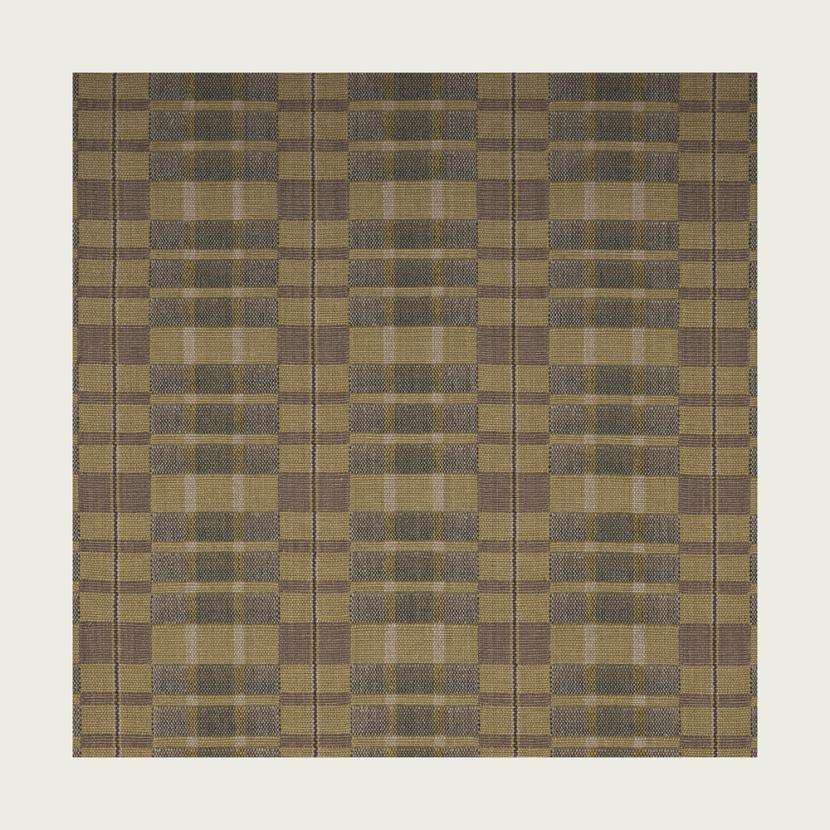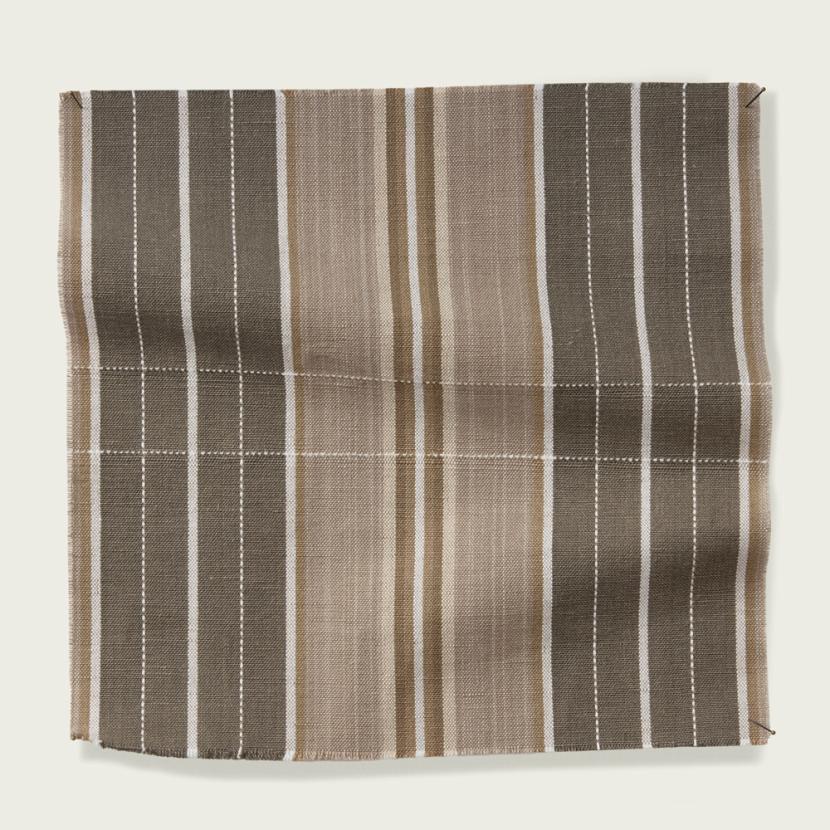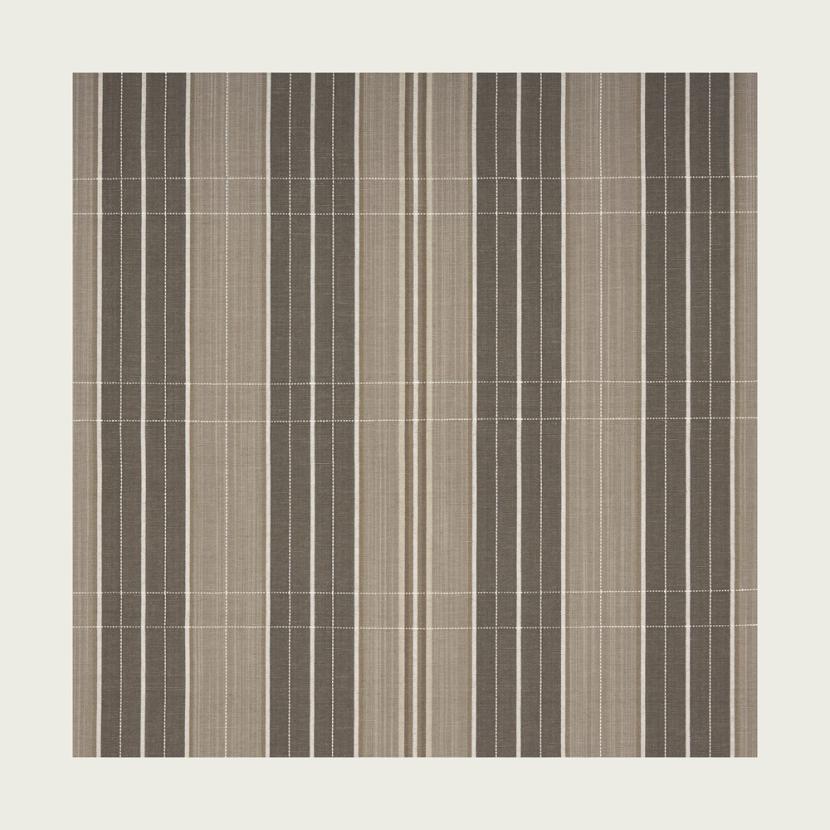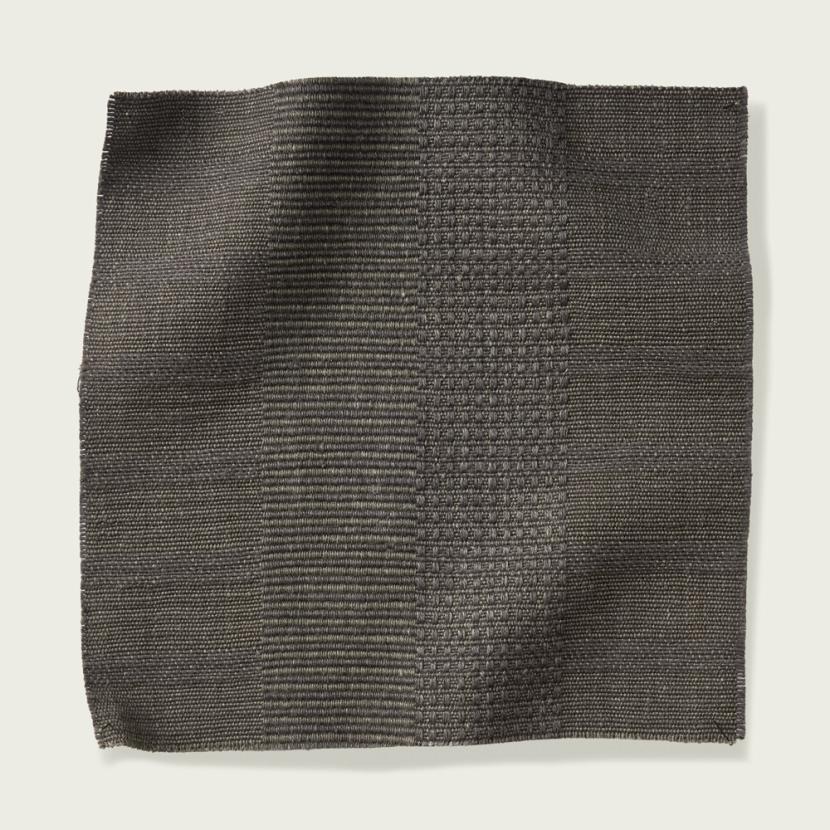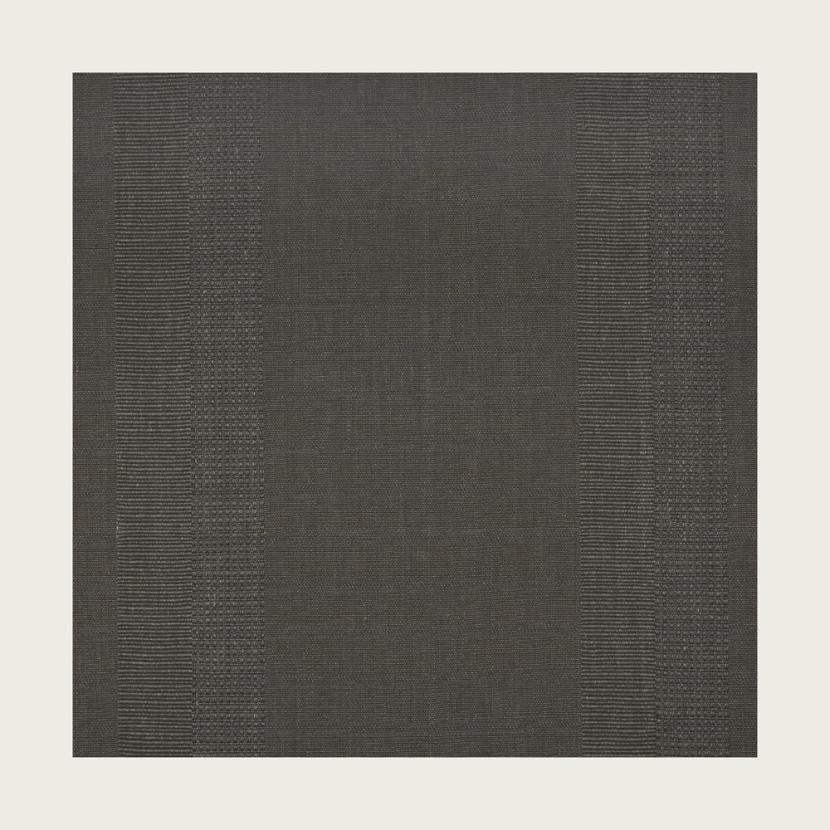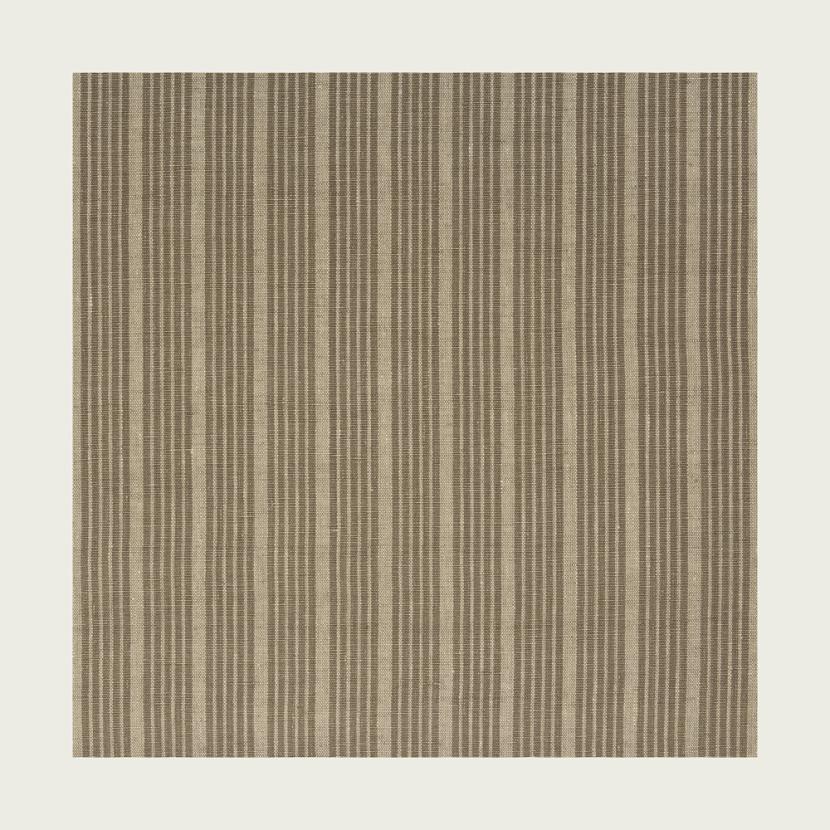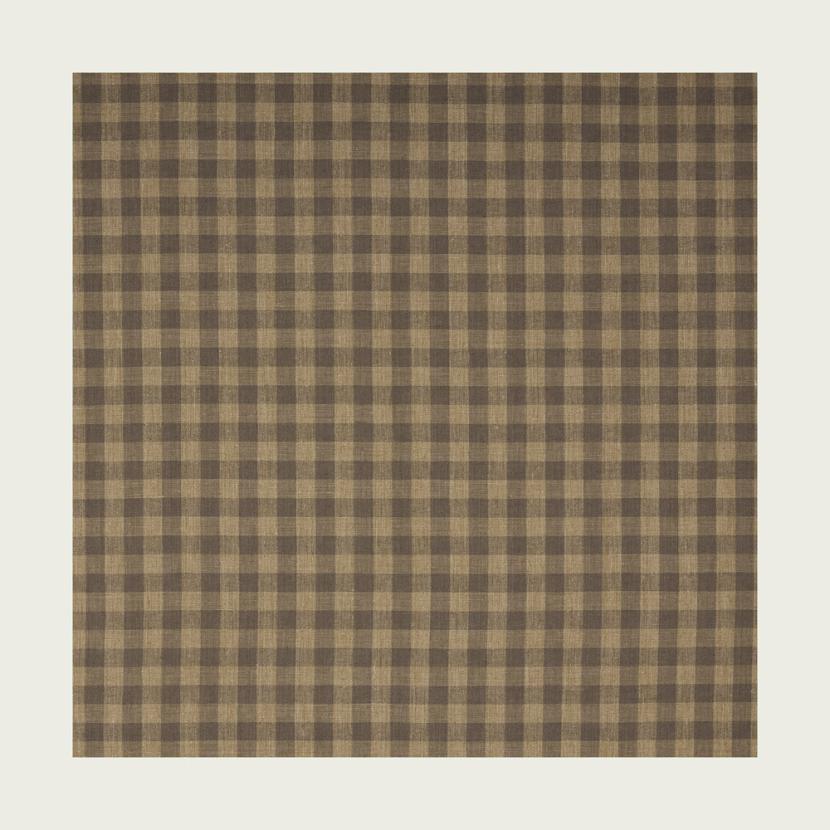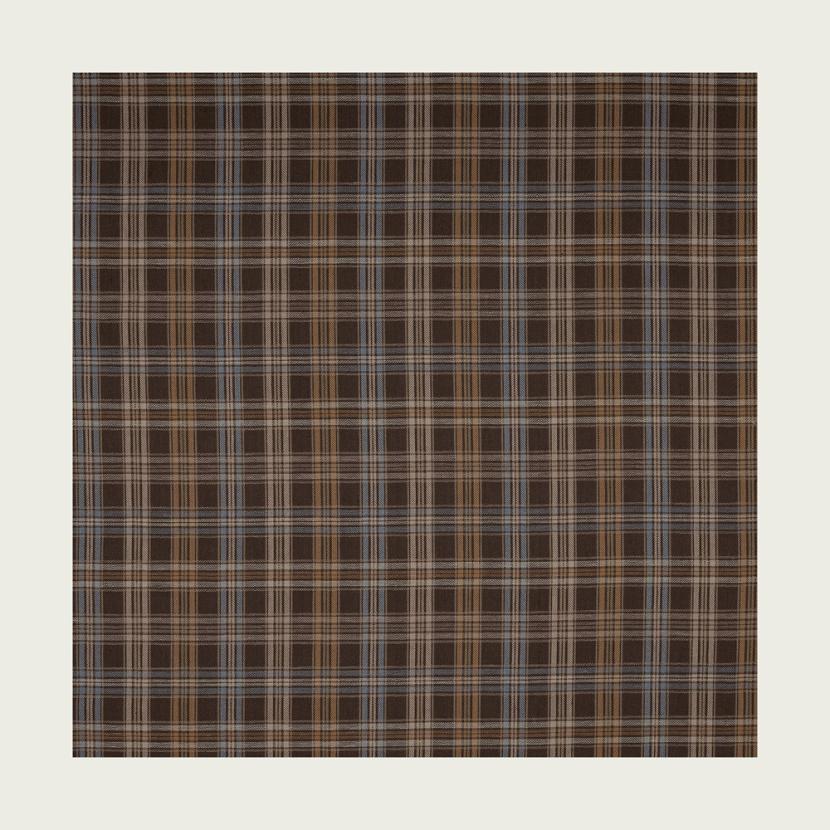DEDUIS
No phenomenon or pattern exists separately from the multitude of ideas and associations attached to it. The chessboard, in all its apparent simplicity, has played host to ideals as lofty and universal as the nobility of battle and the necessity of romance. Les Échecs amoureux, an allegorical 14th-century French poem, sees Deduis, God of mirth and son of Venus, engrossed in a game of chess against a beautiful woman. Ending in a draw, their match symbolizes balance and equality, standards of a strong relationship. The companion to Caissa, Deduis communicates this same ideal of equilibrium. If Caissa is the careful strategy that chess demands, Deduis is the play – the romance – to which its participants are continually drawn.
Content
100% linenWidth
54"Repeat
3 1/2"h x 3 1/2"vUse
curtainslight upholstery
Care
dry clean onlyMartindale
10,000Certifications
CAL TECH 117-2013Cfa Offered
yesMinimum Order
2 yardsTo Note
Backing is recommended for upholstery use.Available Colorways
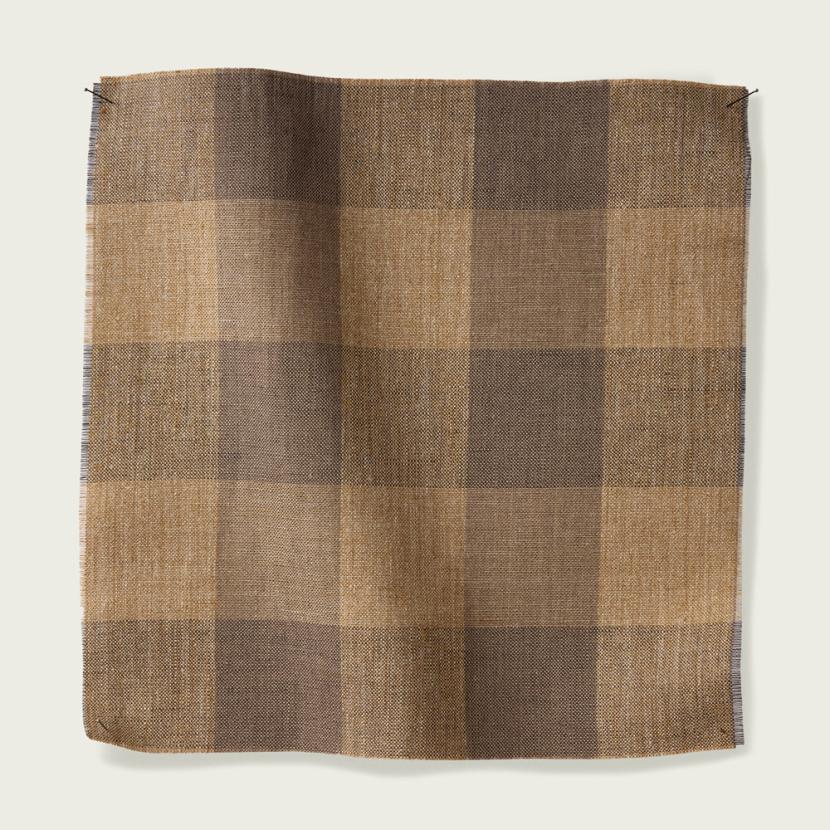

NO. ZFDDSWV-01


NO. ZFDDSWV-02

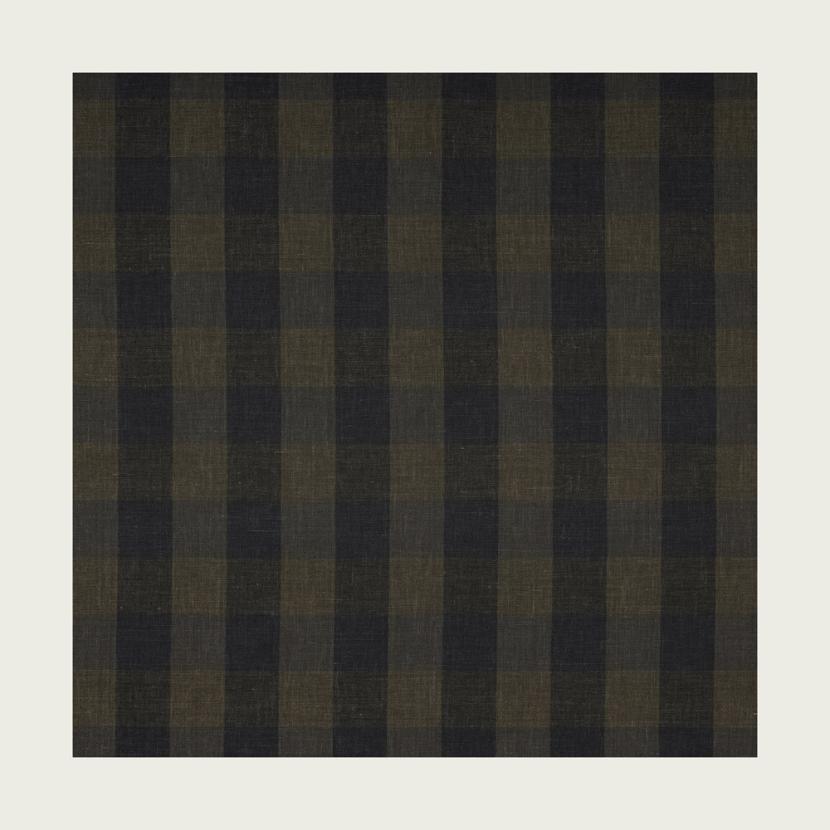
NO. ZFDDSWV-03
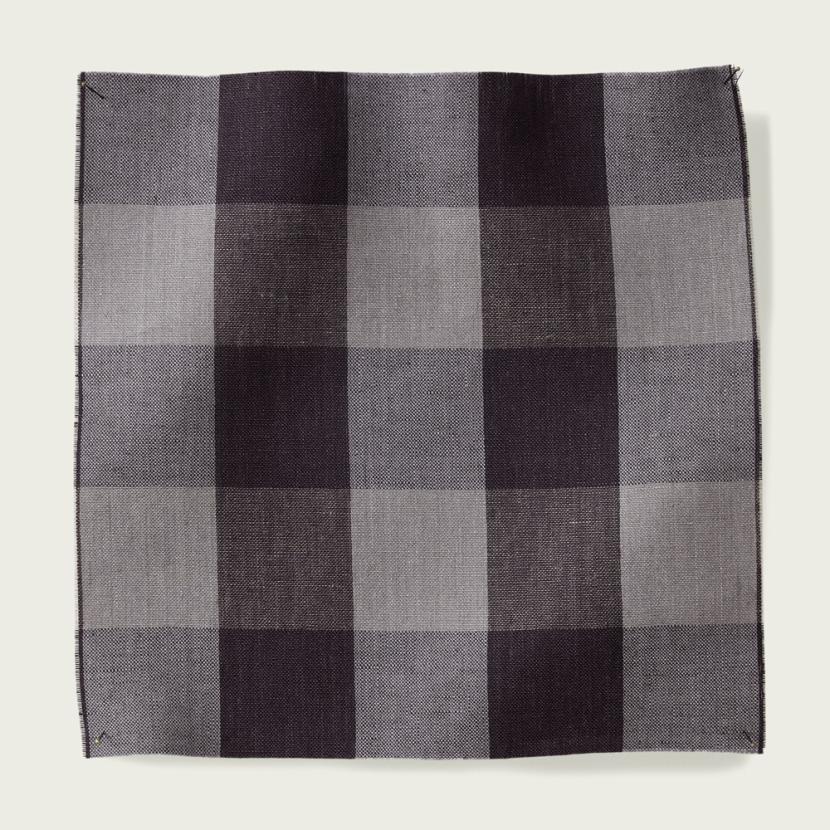
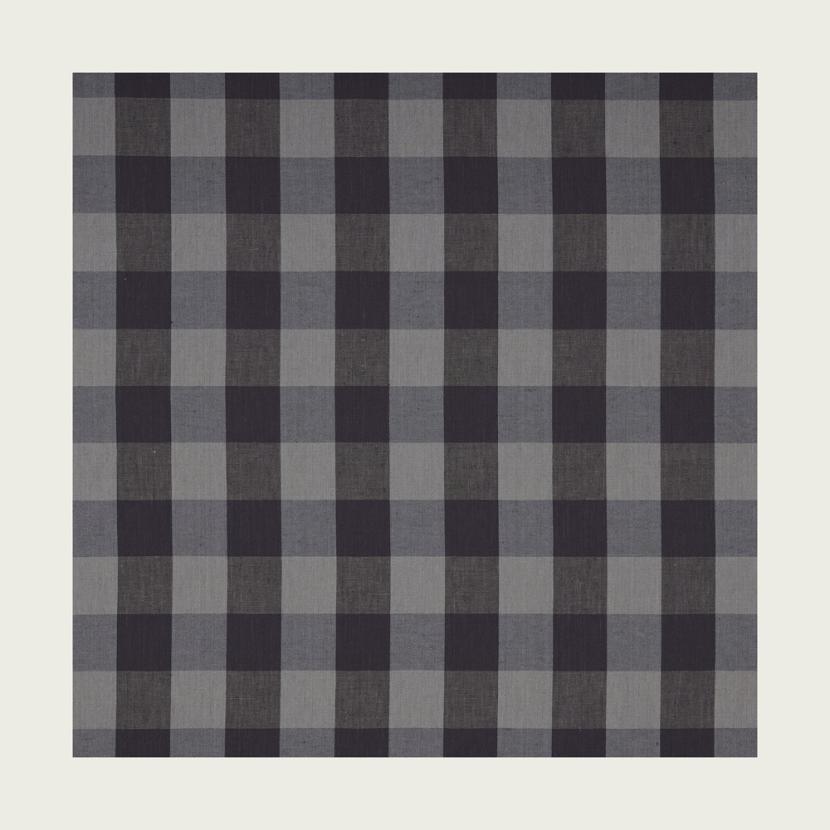
NO. ZFDDSWV-04




